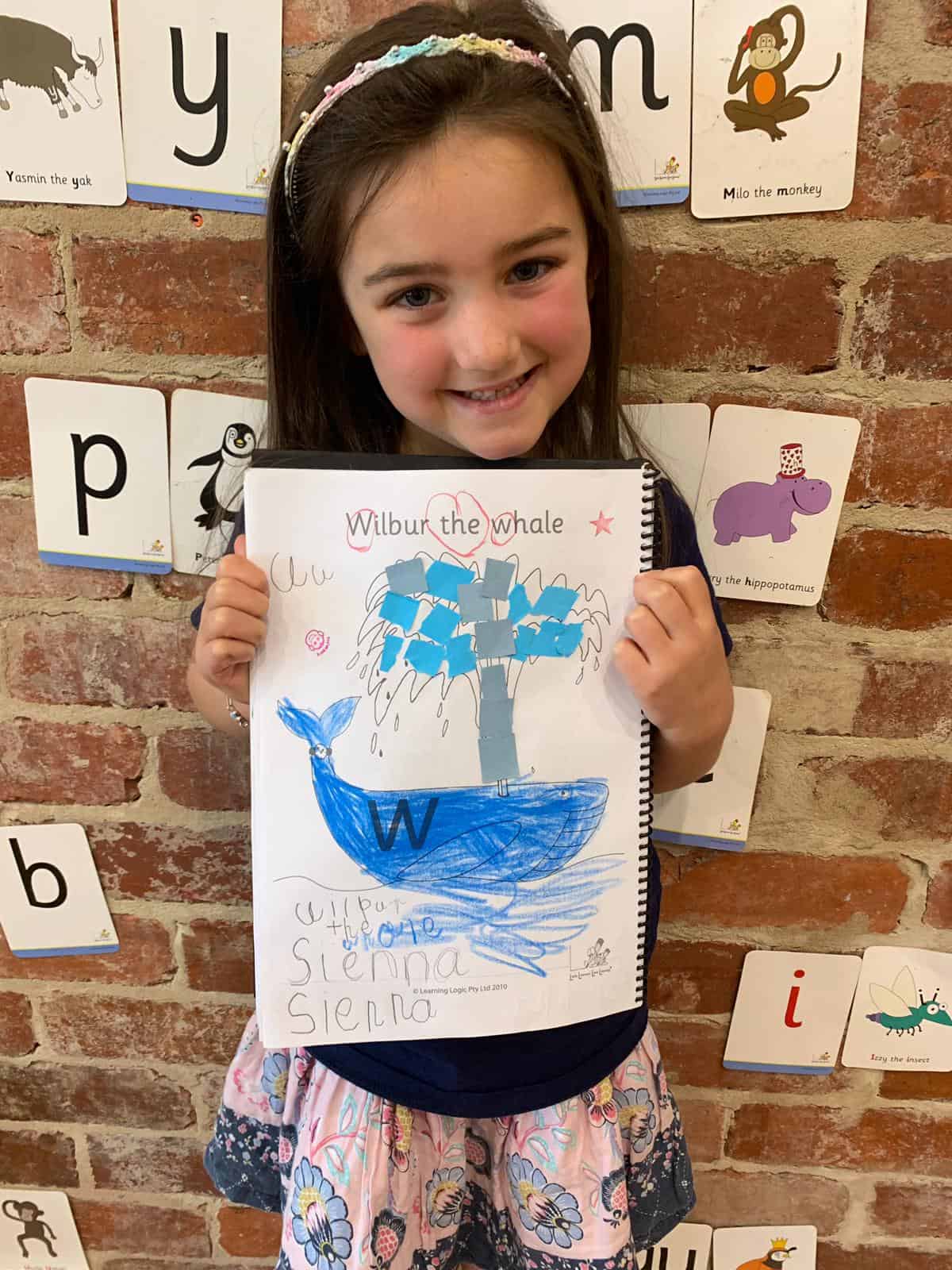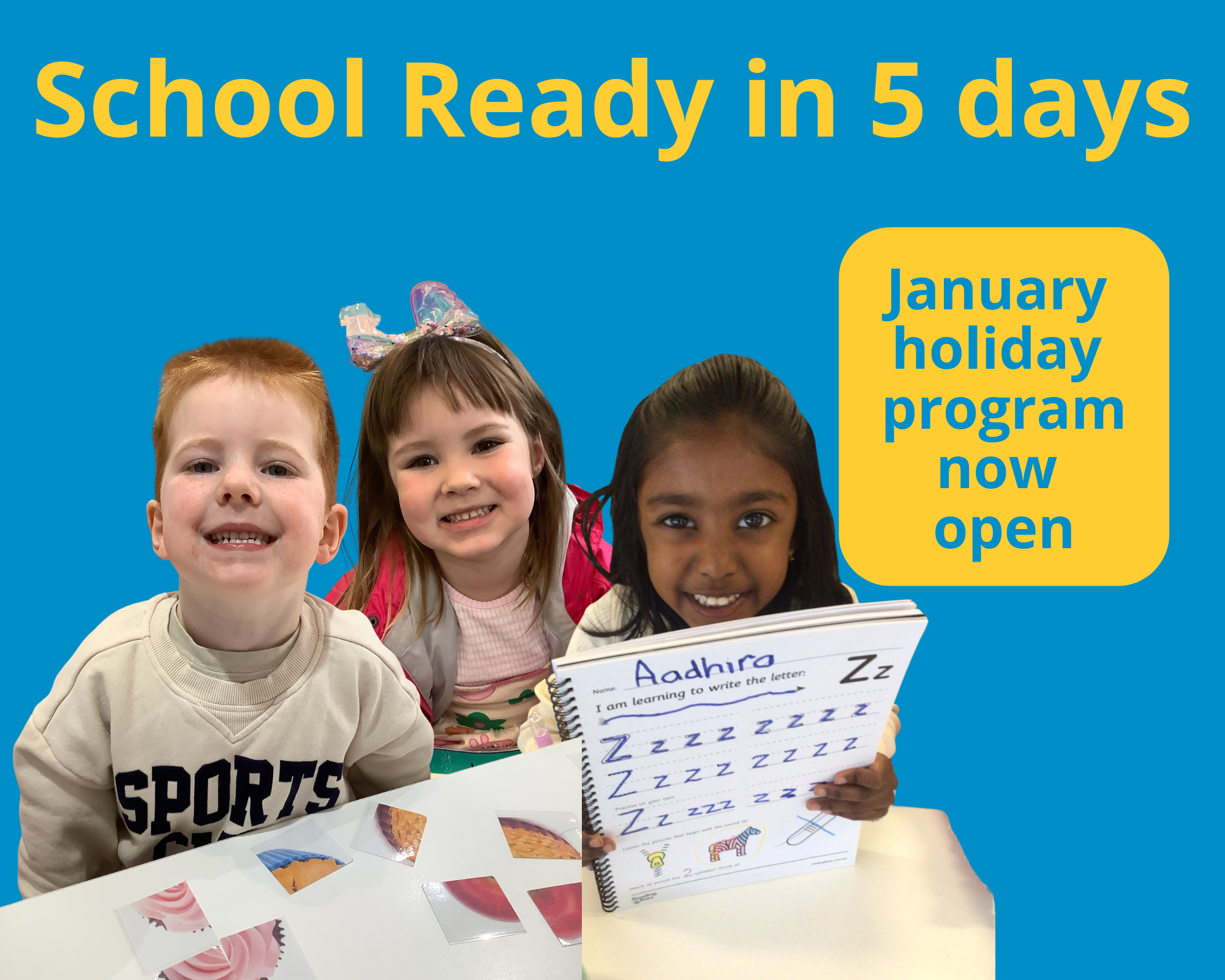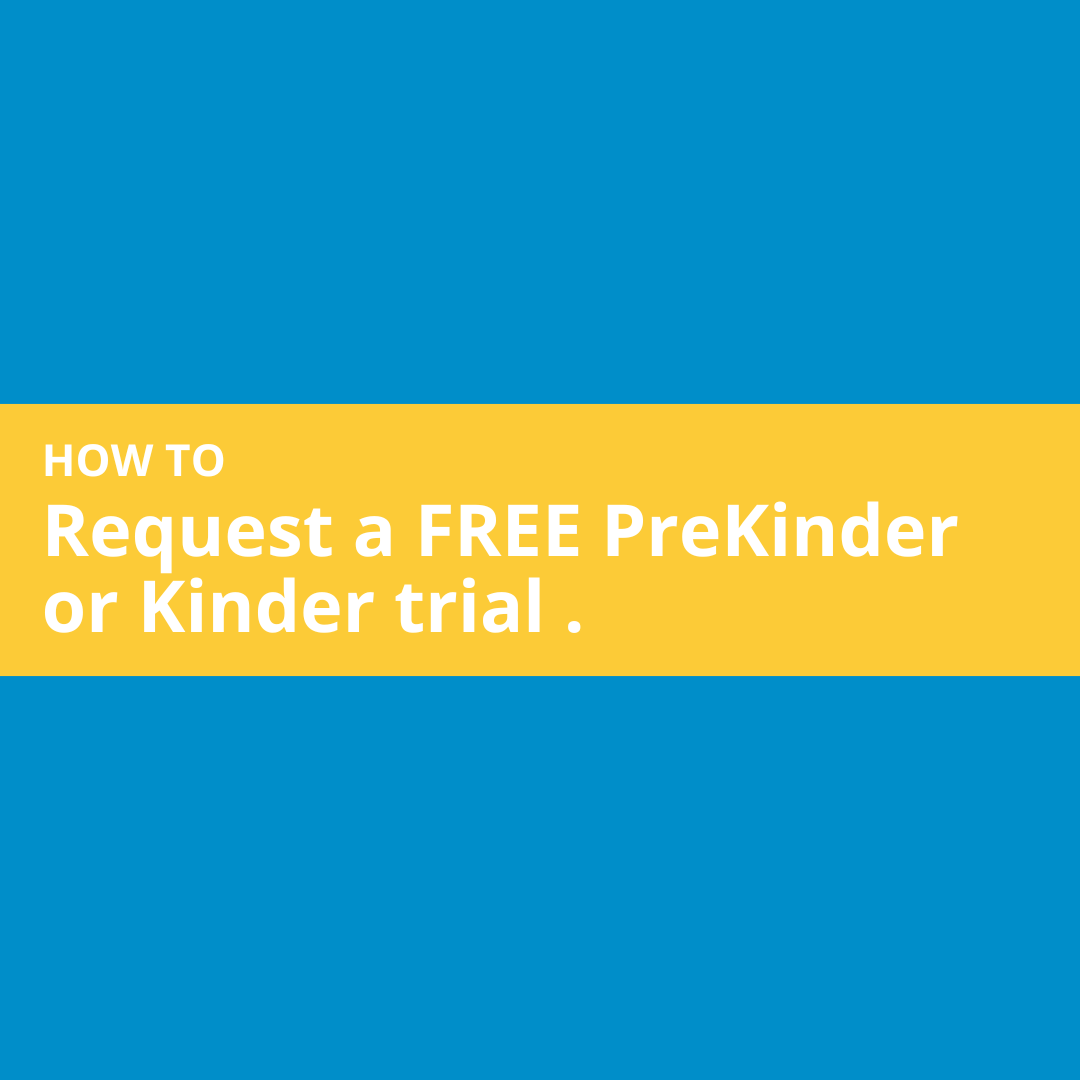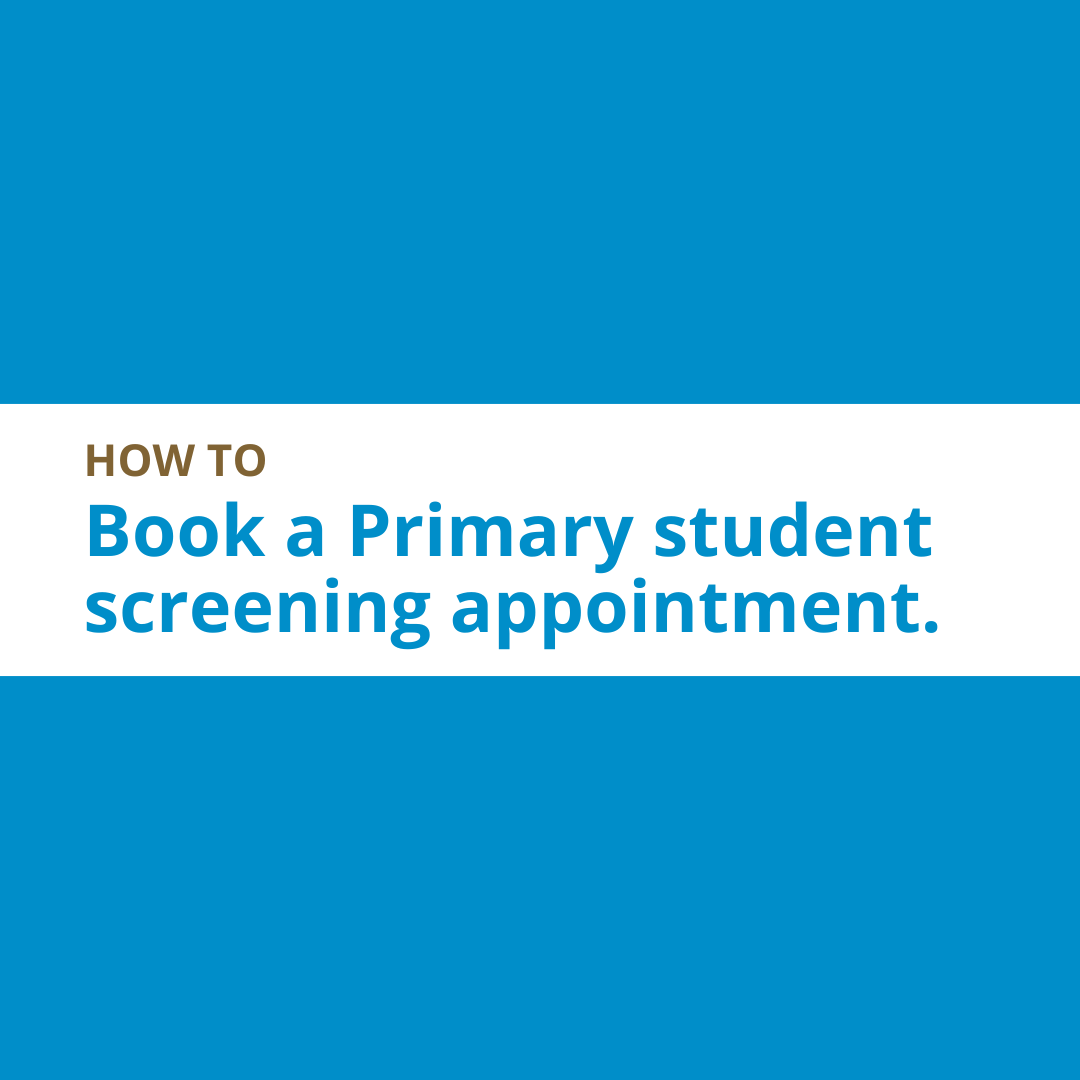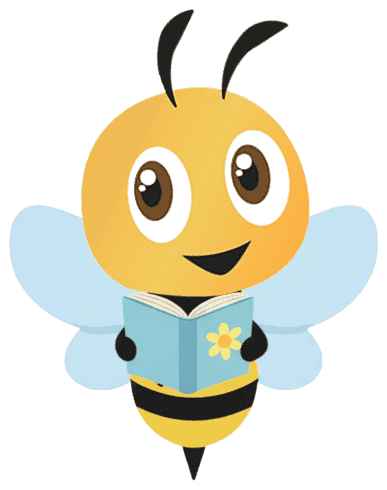
May 30, 2023
Our Pre – Kinder Program makes learning fun for 3 and 4 – year – olds
Continue reading...
School Holiday Program On-19-23 January 2026 Now…
October 24, 2025
FAQs | Kinder Program
How to request a FREE PreKinder or…
May 7, 2025
Kinder Program | FAQs
How to book a primary student screening…
May 7, 2025
Primary Program | FAQs
